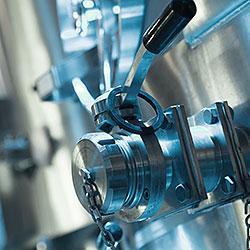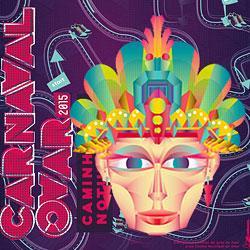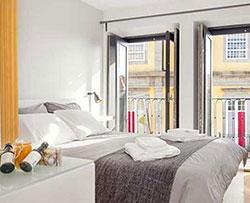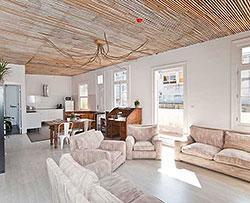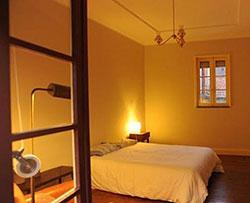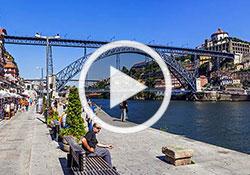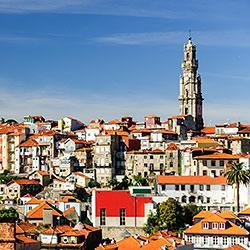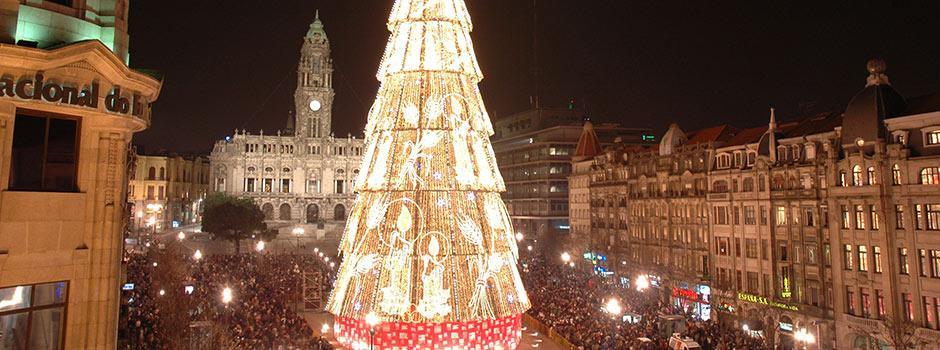Portugal is predominately Catholic, and the Portuguese follow most of the traditions found in the Western Catholic Church. Families come together and exchange gifts on Christmas Eve, as well as on the Feast of the Immaculate Conception and the Feast of the Holy Innocents.
It’s custom for the entire family to gather round the Christmas tree and the presépio (crèche or nativity scene) on Christmas Eve, followed by the Missa do Galo, or midnight mass. The Ceia de Natal (Christmas Eve meal) is often comprised of codfish and cabbage and traditionally comes after the midnight mass. Various cakes and treats are also a part of Christmas, one of the most famous being Bolo Rei, or King Cake. Children in Portugal can write to baby Jesus for presents. They can also set out their shoes on January fifth, hoping that the Three Wise Men will fill them with gifts. Like other countries, commercialism and Coca Cola’s version of Old Saint Nick have found their way into the local culture.
The consoada is a Christmas morning feast. Spaces are left at the table for the dead, ensuring the family good luck for the coming year. The Cepo de Natal is a small oak log burning in the hearth Christmas day. The Dia de Reis, or the Day of the Kings, is the last celebration on the Christmas calendar.
Porto builds a massive Christmas tree in front of the Câmara Municipal (city hall) at the top of Avenida dos Aliados. The tree is one of the biggest in Europe, although it’s not a real tree but rather a towering assembly of scaffolding and tubes illuminated with strands of dazzling lights.
Every year, the circus comes to the Coliseu do Porto to delight the city’s inhabitants. This is an annual Christmas event. Revel in the animals, clowns (hopefully not the scary kind) and festivities downtown.
Porto is in the record books (for the time being) for amassing the largest conglomeration of Santas in the world, with thousand upon thousand of them. Men, women and animals poured through the streets, decked out in red Santa gear in order to break the world record. A large parade was held and the Tripeiros (Portoenses) wearing outfits donated one euro each to buy presents for needy children. More than 14,000 euros were raised.

 English
English  Português
Português 


